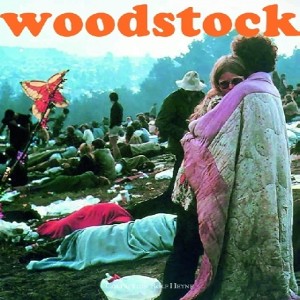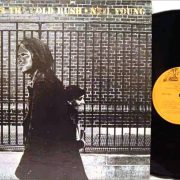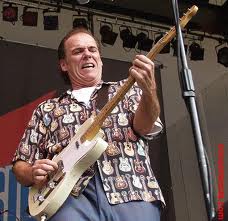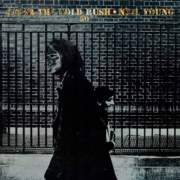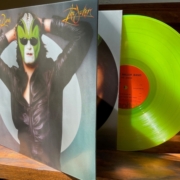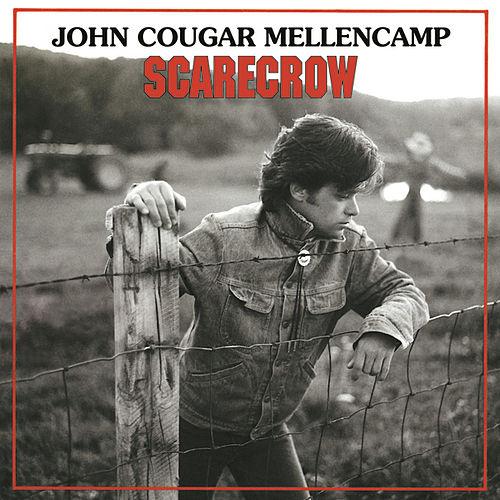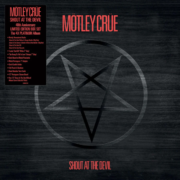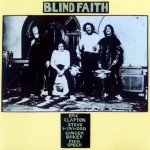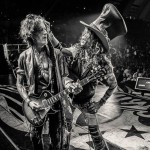Woodstock pt1- Carlos Santana, Pete Townshend, Graham Nash
The fifteen months preceding the Woodstock Festival over the weekend of August 15-17, 1969 were some of the worst, and some of the best, days of the 20th century. The Viet Nam War, which had been percolating for over five years, had driven Lyndon Johnson from the US presidency, replaced by Richard Nixon, who promptly escalated the war seven months before the Woodstock Festival. Civil rights leader and Nobel Peace Prize winner Dr. Martin Luther King jr., as well as Senator and probable presidential candidate Robert Kennedy, had both been assassinated barely a year before. Race riots had erupted in several of America’s big cities, leaving death and enormous destruction from the violence.
Yet the preceding month, three intrepid Americans had flown to the Moon and back, two of whom dropping down to visit while they were in the neighborhood; while only ever so slightly less fantastic was the worst-to-first Miracle Mets suddenly in a pennant drive in August 1969, which would culminate in October with an eventual, albeit highly improbable, World Series championship in New York City.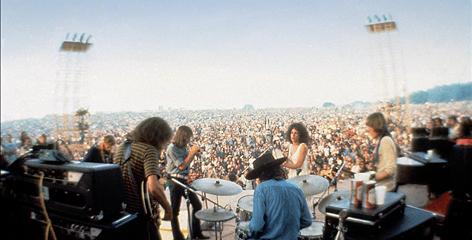 While the Woodstock Festival may not have been unprecedented, as many would have you believe (the Monterey Pop Festival two years earlier had featured several of the Woodstock big names including The Who, Jimi Hendrix, Jefferson Airplane (right), and Janis Joplin for free) Woodstock was unequaled in sheer scale, still heard in the voices of my guests who performed there: Carlos Santana, Pete Townshend, the late Paul Kantner and the late Marty Balin of the Jefferson Airplane, Graham Nash and David Crosby of Crosby, Stills, and Nash, and the late Alvin Lee of Ten Years After, Robbie Robertson of The Band, Jimi Hendrix recording engineer Eddie Kramer, Hendrix bass player Billy Cox, and biographer John McDermott, and the dearly missed Joe Cocker in my historic classic rock interviews.- Redbeard
While the Woodstock Festival may not have been unprecedented, as many would have you believe (the Monterey Pop Festival two years earlier had featured several of the Woodstock big names including The Who, Jimi Hendrix, Jefferson Airplane (right), and Janis Joplin for free) Woodstock was unequaled in sheer scale, still heard in the voices of my guests who performed there: Carlos Santana, Pete Townshend, the late Paul Kantner and the late Marty Balin of the Jefferson Airplane, Graham Nash and David Crosby of Crosby, Stills, and Nash, and the late Alvin Lee of Ten Years After, Robbie Robertson of The Band, Jimi Hendrix recording engineer Eddie Kramer, Hendrix bass player Billy Cox, and biographer John McDermott, and the dearly missed Joe Cocker in my historic classic rock interviews.- Redbeard

